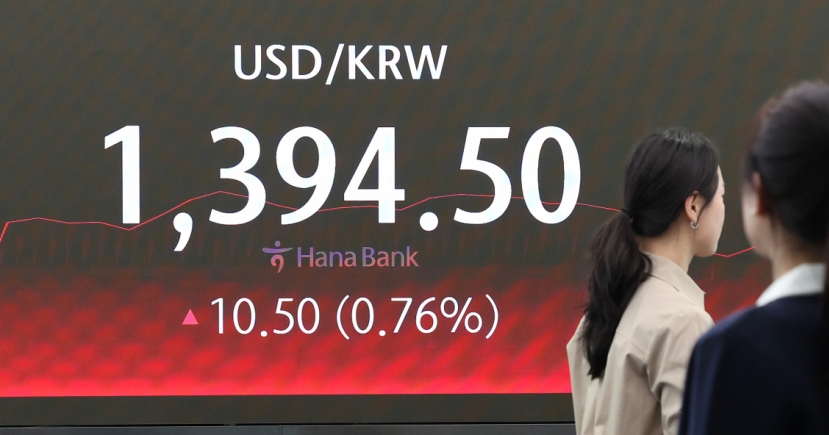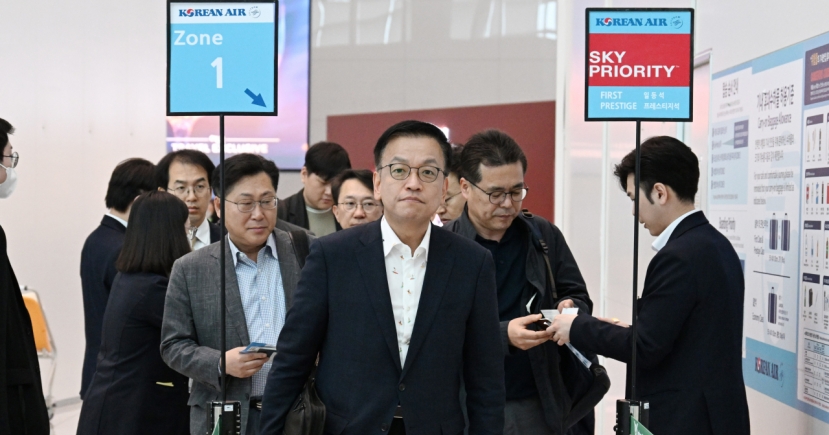Market Now
Half of Koreans in their 20s prefer child-free marriage: survey
 |
(123rf) |
Almost half of South Koreans in their 20s said they would prefer to be part of a couple that does not have children after marriage in 2020, in a jump from 2015, when only 3 in 10 Koreans backed the idea, a local think tank said Monday.
In 2015, 29.1 percent of Koreans in their 20s said raising children was not a must, whereas in 2020, 52.4 percent said yes to the same idea, according to the Korea Development Institute.
Meanwhile, the number of those who said they would have children after marriage rose only slightly in the same period. In 2015, 21.3 percent of all age groups preferred having children and the figure jumped to 28.3 percent in 2020.
Having children after marriage is no longer a must, but a choice for many young Koreans, the think tank said, describing the change as a shift in public perception of “traditional marriage,” where couples are expected to work together on child-rearing shortly after their wedding.
Change is palpable. Last year, South Korea’s fertility rate -- the average number of children a woman carries in her lifetime -- hit a record low for four straight years as the rate had remained below 1 percent.
Rising child-rearing costs are largely seen as the reason. Bringing up a child has not only become costlier in recent years, but its burden often falls disproportionately on women, who struggle to keep their careers uninterrupted by child care.
Jefferies Financial Group, a US investment bank, said in its report that South Korea‘s ratio of child-rearing costs to per-capita GDP is one of the world’s highest. Women in South Korea still taken on greater roles than men in child-rearing, according to the latest report by the Ministry of Gender Equality and Family.
The National Assembly found that the pandemic had worsened the gap, with women spending more time looking after children than men.
The South Korean government has rolled out measures to reduce costs associated with raising children, like housing prices, which have soared at a record pace for the last five years. President Moon Jae-in himself said the efforts to curb prices had fallen short of the expectation.
On the other hand, the Yoon Suk-yeol government, which replaces Moon on Tuesday, is accused of belittling the sacrifices women make as they juggle work and child care. Yoon said he would shutter the Gender Ministry because it had served its purpose -- a source of contention among feminist activists.
By Choi Si-young (siyoungchoi@heraldcorp.com)








